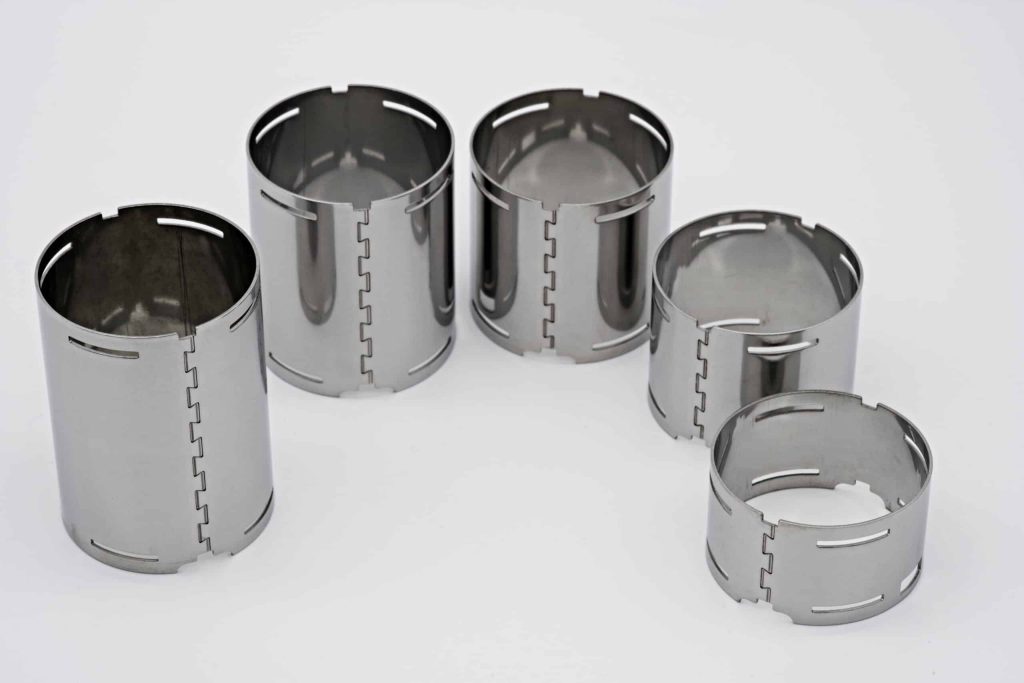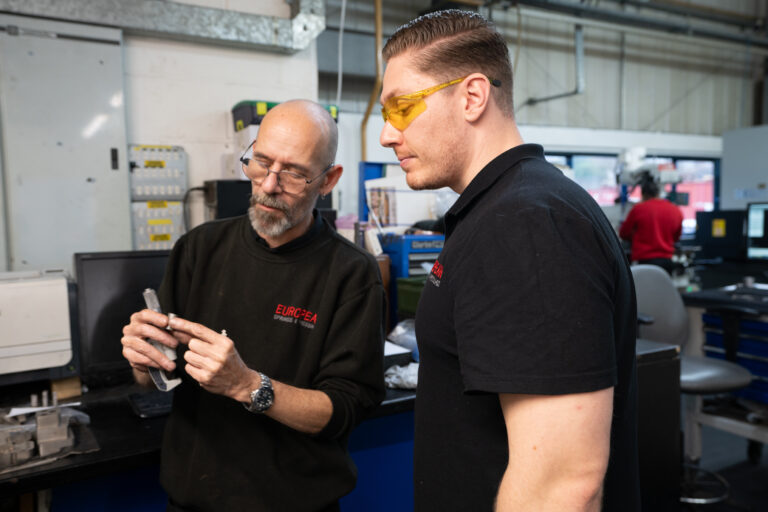
With over 70 years of manufacturing experience, we have provided custom springs, wire forms, and pressings to the automotive industry, delivering our products worldwide. Vehicles depend on reliable, high-quality components for safe operation, whether it’s motor springs or torsion springs.
At every stage of our spring manufacturing process, we conduct thorough quality checks to ensure our products are robust enough to withstand the demands of automotive use.
Whether it’s absorbing shocks, maintaining tyre grip on the road, or improving stability through high-speed corners, springs and pressings are the unsung heroes of many vehicles’ performance. Here’s why professionals in the automotive industry choose us:
From race car springs to motor springs, both springs and pressings are essential in a range of automotive applications:
Used in suspension springs to absorb impact and deliver a smoother driving experience.
Found in many areas, such as doors, bonnets, and boot lids, torsion springs provide the necessary rotational force.
Used in engines, valves, and other assemblies to absorb and resist compressive loads.
Common in car interiors, such as seat belts and handles, which offer resistance when stretched.
Critical in internal combustion engines, which helps maintain valve timing and optimal performance.
Flat springs are found in various automotive components, including braking systems and fuel injection systems, helping provide flexibility and support.
Pressed components include essential vehicle parts such as frames, panels, bumpers, and brackets, which contribute to safety and structural integrity.
With over 70 years of expertise across a variety of industries, we’re a trusted partner to the automotive sector, producing high-quality, durable, and dependable products.
Whether you require a custom, one-off solution or a large-scale production run, we’re here to help. Request a quote or browse our spring catalogue to find details on specifications, materials, and more.
Once the design is approved, press machinery can produce stampings quickly and consistently, helping to keep production lines efficient. Pressings are also made from strong materials to shield vehicles from corrosion, impact, and exposure of internal components.
Springs serve multiple roles in vehicles, including:
Coil springs, especially compression springs, are the most widely used today, commonly found in vehicle suspension systems.
Automotive parts require durable metals, though the exact material depends on each component’s function. While frames, bodywork, and engines often use steel springs and pressings, lighter parts may use aluminium to reduce weight.
We provide a variety of surface treatments to enhance corrosion resistance, durability, and appearance, tailored to each part’s role and location in the vehicle. Options include coating, galvanising, painting, and plating.

And even if we don’t have exactly the tool we need, European Springs’ in house technology enables us rapidly to design and make complex tools, allowing us to offer more competitive prices.



© Copyright 2025 | European Springs
Designed, Promoted and Powered by SQ Digital